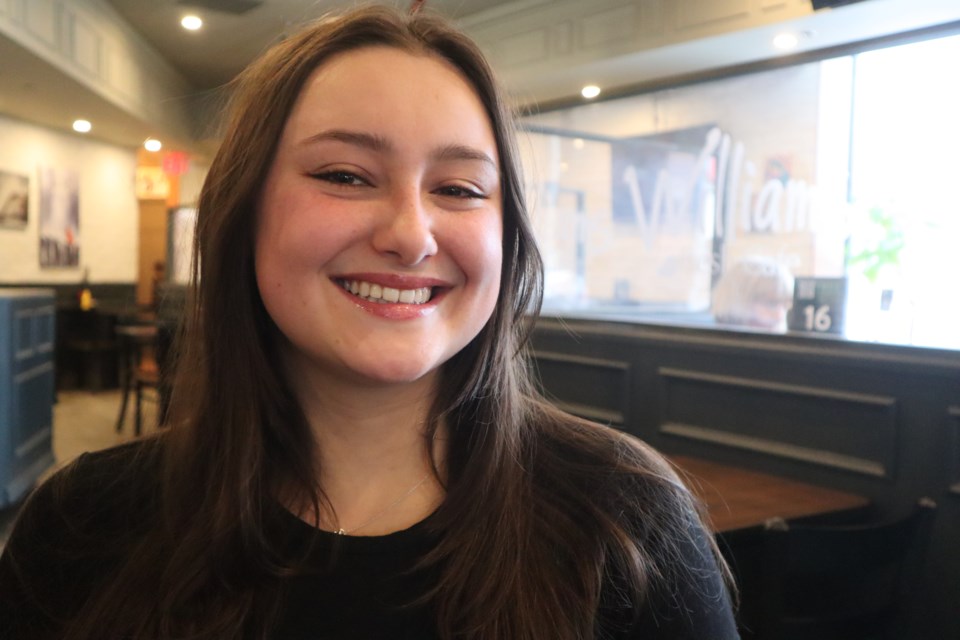Adrienne Ciaravella didn’t know what to expect when she travelled to Guatemala last year as a volunteer providing medical care but she’s about to do it all over again in Honduras.
Ciaravella joined the Guelph Medical Brigades in her first year as a biomedical student at the University of Guelph. It is a local chapter of Global Brigades which aims to provide holistic and sustainable solutions to medical care in underprivileged communities around the world.
The Guelph chapter started in the 2018/2019 university year and the first trip was to Panama.
For as long as the Aurora native remembers she has wanted to be a doctor. Her goal is to become a pediatric surgeon.
At 19-years-old she worked alongside doctors in Guatemala to help treat patients, diagnose conditions and educate.
Since there wasn’t a medical clinic in Tecpán, Guelph Medical Brigades set up in a school central to the community.
“It's not even that it's just gaining experience in my field,” Ciaravella said. “When I was there, I truly did feel like I was making a difference. I was doing something. And there's really not a lot of other ways that you can experience that at such a young age.”
There was a patient who had Bell's palsy and Ciaravella re-took his blood pressure. The doctor told her the cause of Bell's palsy was from his extremely high blood pressure. He was given high blood pressure medication to treat his condition.
Some patients had never seen a doctor and were nervous.
An 18-year-old woman came to get her tooth pulled. Ciaravella held her hand and assured her she was going to be okay. The patient wanted to bring the tooth home but couldn’t because it had an infection.
Ciaravella learned a bit about bedside manner while at the clinic and said “it's more about the patient's comfort."
On brigade volunteer trips there are a variety of stations set up at the clinics depending on what a patient needs treated. They will go through triage, consultation and education. There is a pharmacy station, optometry, and dental.
Cost is the biggest barrier for care, said Ciaravella.
At the pharmacy medication can be purchased at a lower cost than what it is typically sold for.
“But what the doctor I was working with told me is that with the referral we give them, the people we were seeing could then go and get their surgeries and their procedures for free,” said Ciaravella.
It’s a different health care system there and in Canada we have access to whatever we need, she said.
In these countries people “don't have that same accessibility. And that's a big part of what we do as medical brigades and as Global Brigades is, we want to bring that sustainability and that holistic model, and that empowerment to these communities where they become self-sustaining,” said Ciaravella.
Patients are given care packages that have toothbrushes, feminine hygiene products and other personal care items. The brigades fundraise to buy the supplies for the packages.
The brigades fundraise for medical supplies and program implementation. It also pays for the volunteers’ transportation, food, lodging and insurance.
“The biggest takeaway from that trip, honestly, it just makes me want to continue to go and support this cause and help more people,” said Ciaravella.
She doesn’t know what to expect for the trip to Honduras but her expectations are high considering how well her first trip to Guatemala went.
“There's not really a certain patient demographic that there's more or less of. It's just kind of people come in with what they need help with,” she said.
Guelph Medical Brigades leave to Honduras on May 4.
